Submitted by Harry Tuft
I learned this song from a Riverside album by Bob Gibson, “I Come for to Sing.” According to some internet research, Joan Baez must have learned it that way, as well, mostly. She may have conflated both his and the older one, below. Again, from the internet, I have learned that it is likely a version of “Little Musgrave and Lady Barnet,” purported to go back as far as the fifteenth century.
Perhaps the first version, from which others have learned the song, was by Ewan MacColl and Peggy Seeger on a Folkways recording in 1961. Fairport Convention did it and Doc Watson, too. I have only heard the Gibson version, and I believe I have stayed close to his rendition.
Listen to Harry singing “Matty Groves:”
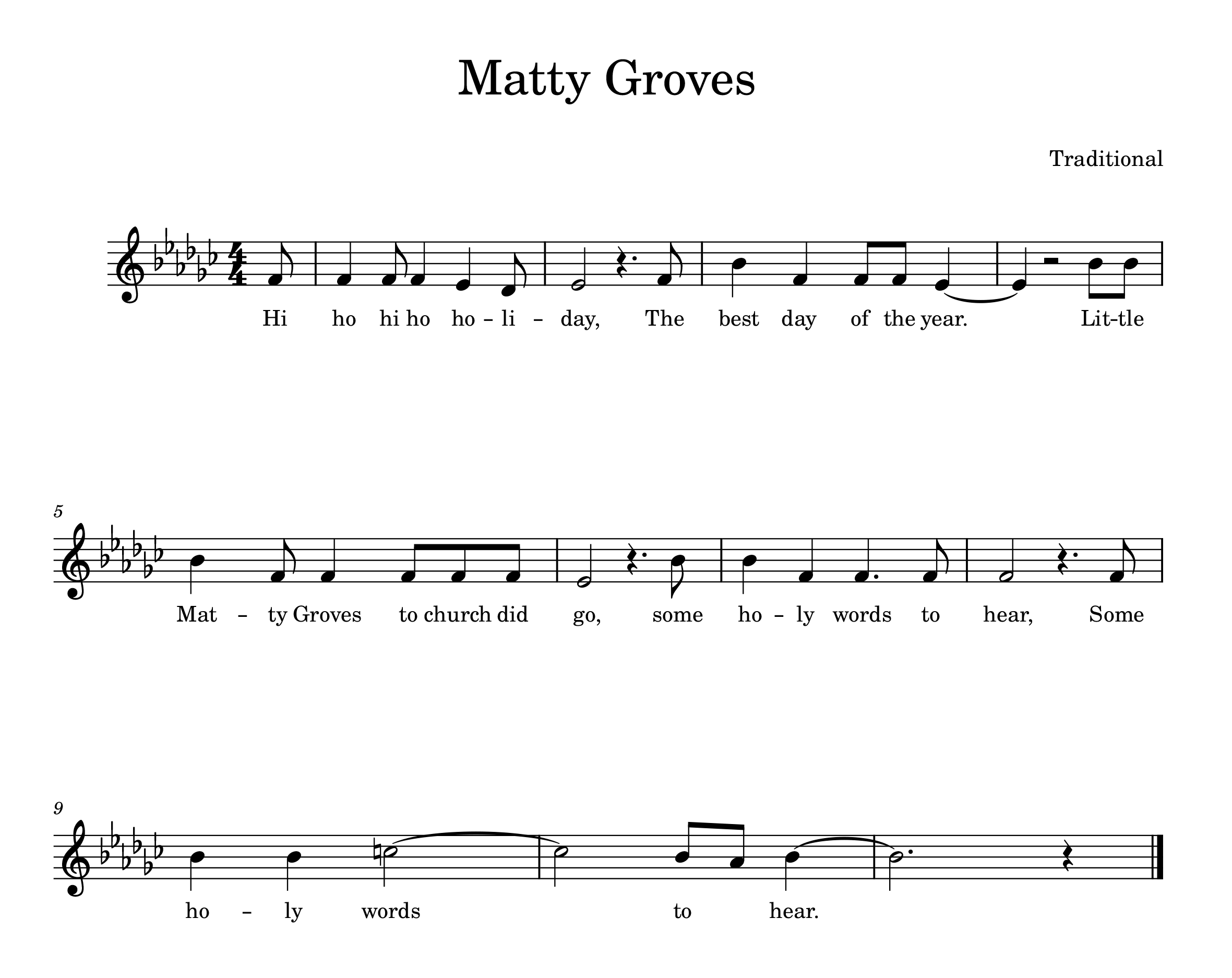
Lyrics
Hi ho, hi ho holiday, the best day of the year.
Little Matty Groves to church did go, some holy words to hear,
Some holy words to hear.
He spied three ladies dressed in black, as they came into view.
Lord Arlyn’s wife among them walked, a flower among the few,
A flower among the few.
She trip-ed up to Matty Groves, her eyes so low cast down,
Oh pray, oh pray, come with me stay, as you pass through the town,
As you pass through the town.
I cannot go, and I dare not go. I fear ‘twould cost my life.
For I can tell by the little ring you wear that you are Lord Arlyn’s wife,
You’re the great Lord Arlyn’s wife.
This may be false, it may be true, I can’t deny it all.
But Arlyn’s gone to consecrate King Henry at Whitehall,
King Henry at Whitehall.
Oh pray, oh pray, come with me stay, I’ll hide you out of sight.
And I’ll serve you there beyond compare, and sleep with you the night,
And sleep with you the night.
Her little page did listen well to all that they did say.
And ere that they were out of sight, He quickly sped away,
He quickly sped away.
He did run the Kings Highway, he swam across the tide.
And he ne’er did stop until he came to the great Lord Arlyn’s side,
To the great Lord Arlyn’s side.
What news, what news, me bowly boy, what news bring you to me?
My castle burned, my tenants wronged, or my lady with baby,
My lady with baby.
No harm has come your house and land, the little page did say,
But Matty Groves is bedded up, with your fair lady gay,
With your fair Lady gay.
Lord Arlyn called his men and he bade them with him go.
And he bade them ne’er a word to speak, and ne’er a horn to blow,
And ne’er a horn to blow.
Among Lord Arlyn’s merry men ’twas one who wished no ill,
And ere the castle was in sight, blew his horn so loud so shrill,
Blew a blast so loud so shrill.
What’s this, what’s this, cried Matty Groves, what’s this that I do hear?
It must be Lord Arlyn’s merry men, the ones that I do fear,
The ones that I do fear.
Lie down lie down, cried Arlyn’s wife, come keep my back from cold.
It’s only my uncle’s shepherd men, a-calling their sheep to fold,
A-calling their sheep to fold.
Little Matty Groves he did lie down, and he took a nap asleep.
And when he woke, Lord Arlyn was a-standing at his feet,
A-standin’ at his bed feet.
Well, it’s how do you like your pillow said he, and it’s how do you like your sheets
And how do you like that fair lady gay, what lies in your arms asleep?
What lies in your arms asleep.
Very well do I like my pillow said he, and it’s better do I like my sheets,
But it’s best, do I like, that fair lady gay, what lies, but ain’t asleep,
Who lies but ain’t asleep.
Rise up, rise up, little Matty Groves, defend you if you can.
In England, it shall never be said, I slewed a sleeping man,
I slewed a sleeping man.
I cannot rise and I dare not rise, I fear ‘twould cost my life.
For you have got two bitter swords and I ain’t got a knife,
I ain’t got a knife.
Oh yes, I have two bitter swords, they cost me deep in the purse,
But you shall have the better one and I shall have the worst,
I shall have the worse.
Firstest stroke little Matty struck, he hurt Lord Arlyn sore.
And the nextest stroke Lord Arlyn struck, little Matty struck no more,
Little Matty struck no more.
Rise up, rise up, my gay young wife. Draw on your wedding clothes.
And tell me do you like me best, or like you Matty Groves
Or the now dead Matty Groves.
She lifted Matty’s dying head, and kissed from cheek to chin.
It’s Matty Groves I’d rather have, than Arlyn and all his kin,
Than Arlyn, and all his kin.
He took his lady by the hand, and he dragged her through the hall.
And with his sword, he cut off her head, and he stove it again’ the wall
He stove it again’ the wall.
Oh, woe is me, oh woe is me, why stayed you not my hand?
For I have killed the fairest folk in all of England,
In all of England.
Harry Tuft says: I grew up in Philadelphia in a family that enjoyed music. I owe my first interest in folk music to the recordings of Pete Seeger and Big Bill Broonzy, and also to Roger Abrahams and Bob Coltman, early influencers. I credit the Gilded Cage coffee house also as a great incubator in the late fifties in Philadelphia. I started a folk music store in Denver in 1962, the Denver Folklore Center, which I ran until I sold it to friends in 2016. This has allowed me to concentrate on making music, a primary goal when I came to Colorado in 1960. (It’s only taken me sixty years to pursue my real love, making music for folks). I have also been a member of the group Grubstake, which has had a run for over forty years. It was dormant for a few years, but has once again surfaced for occasional performances.

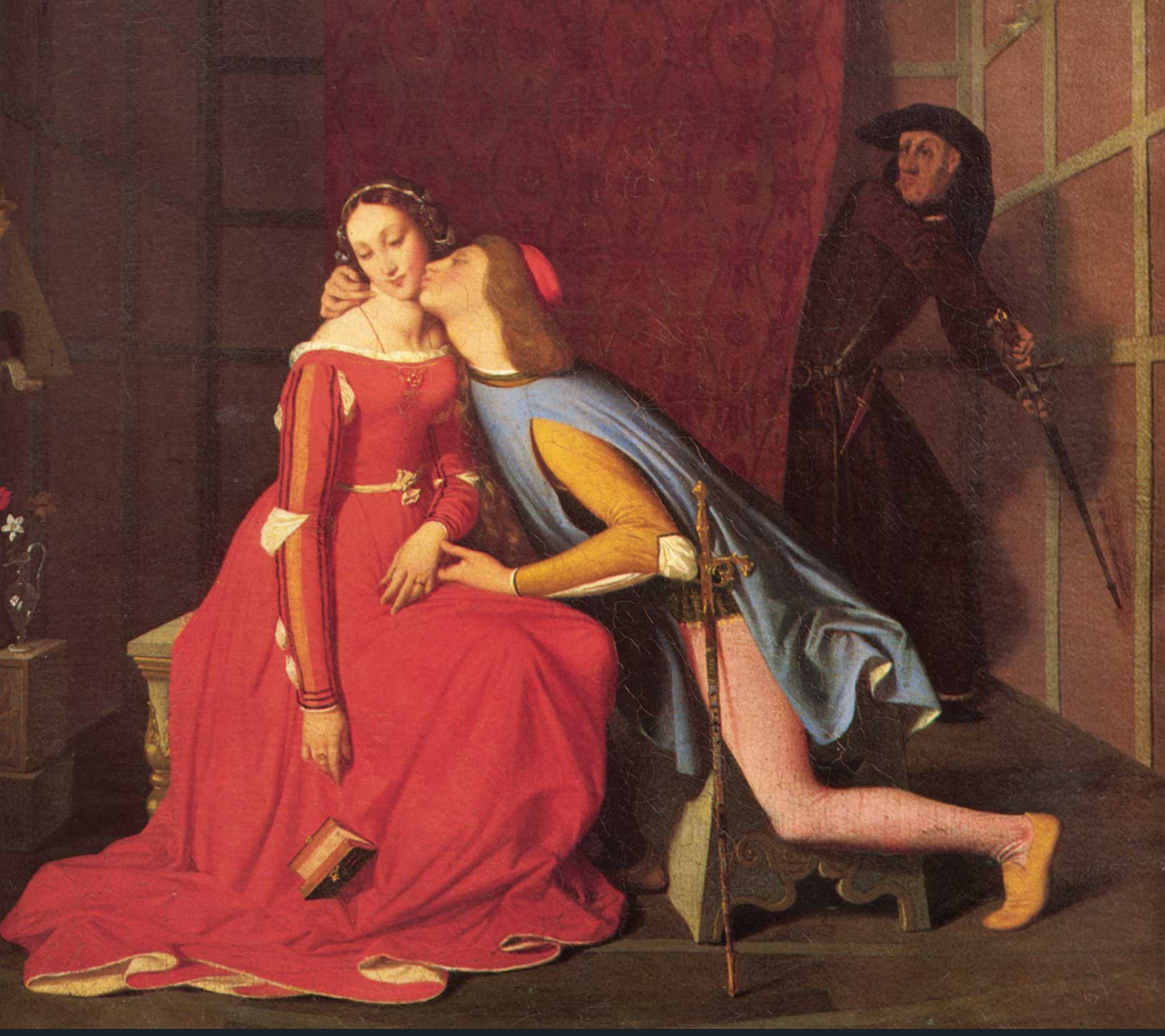
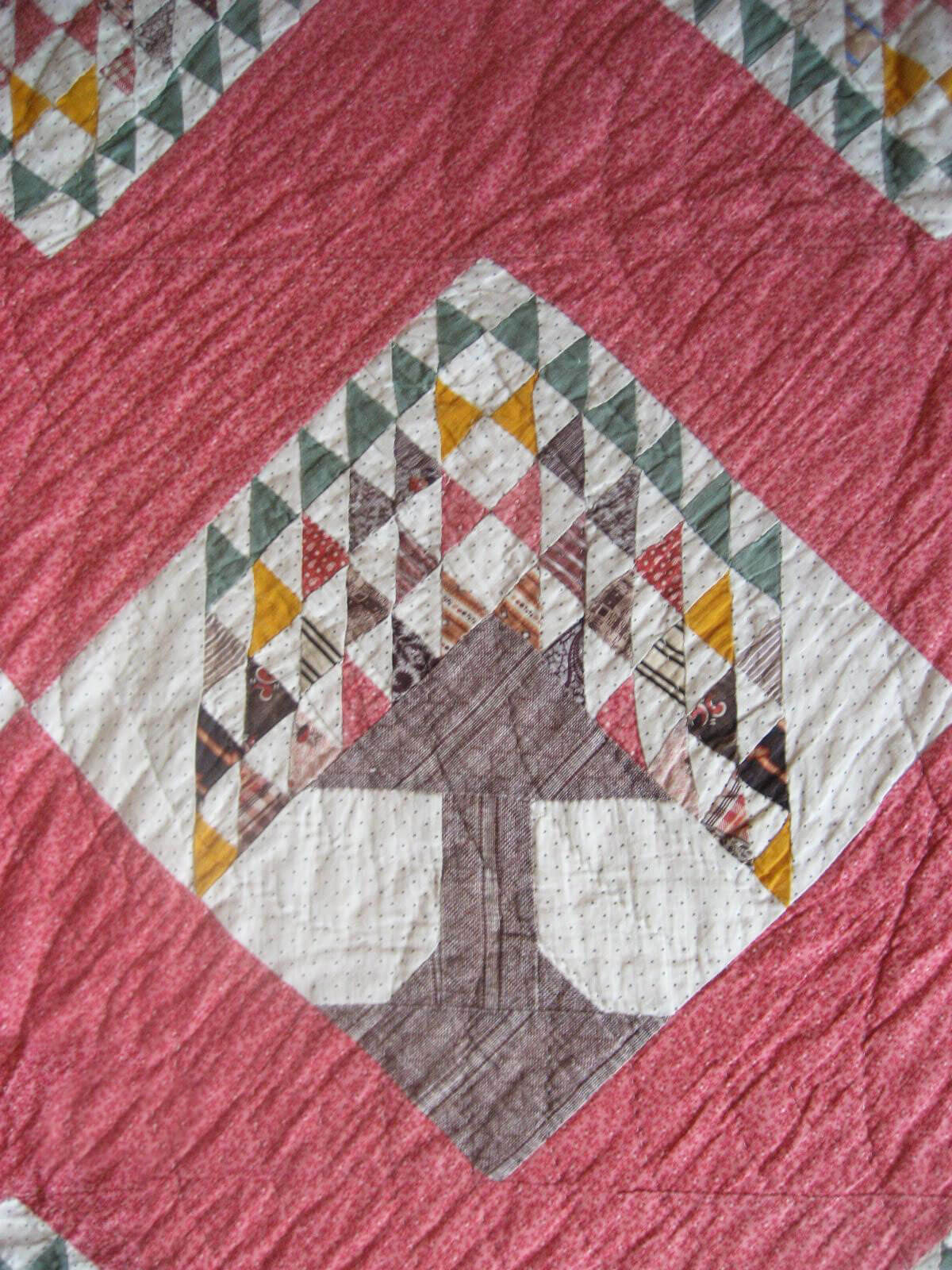
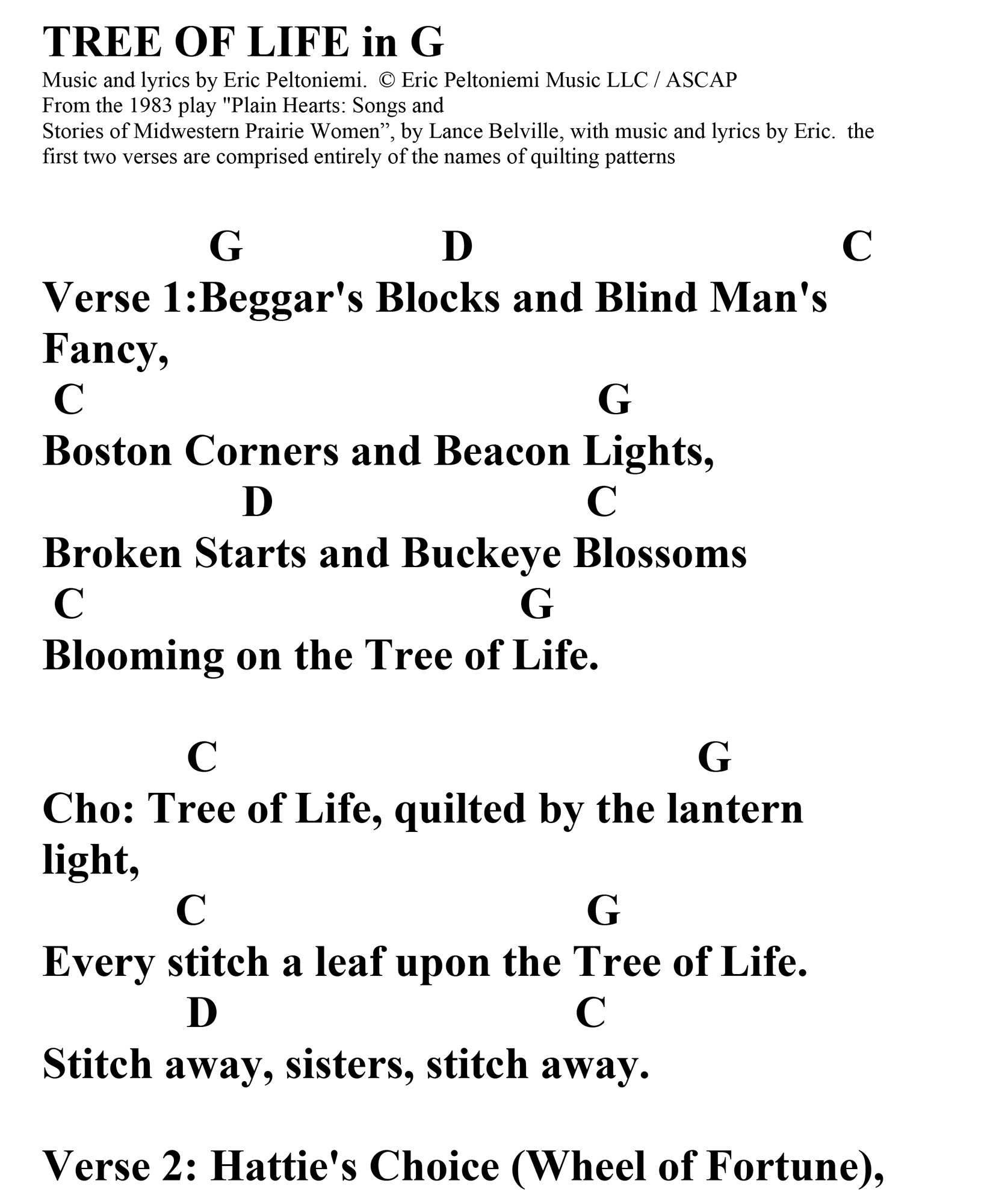
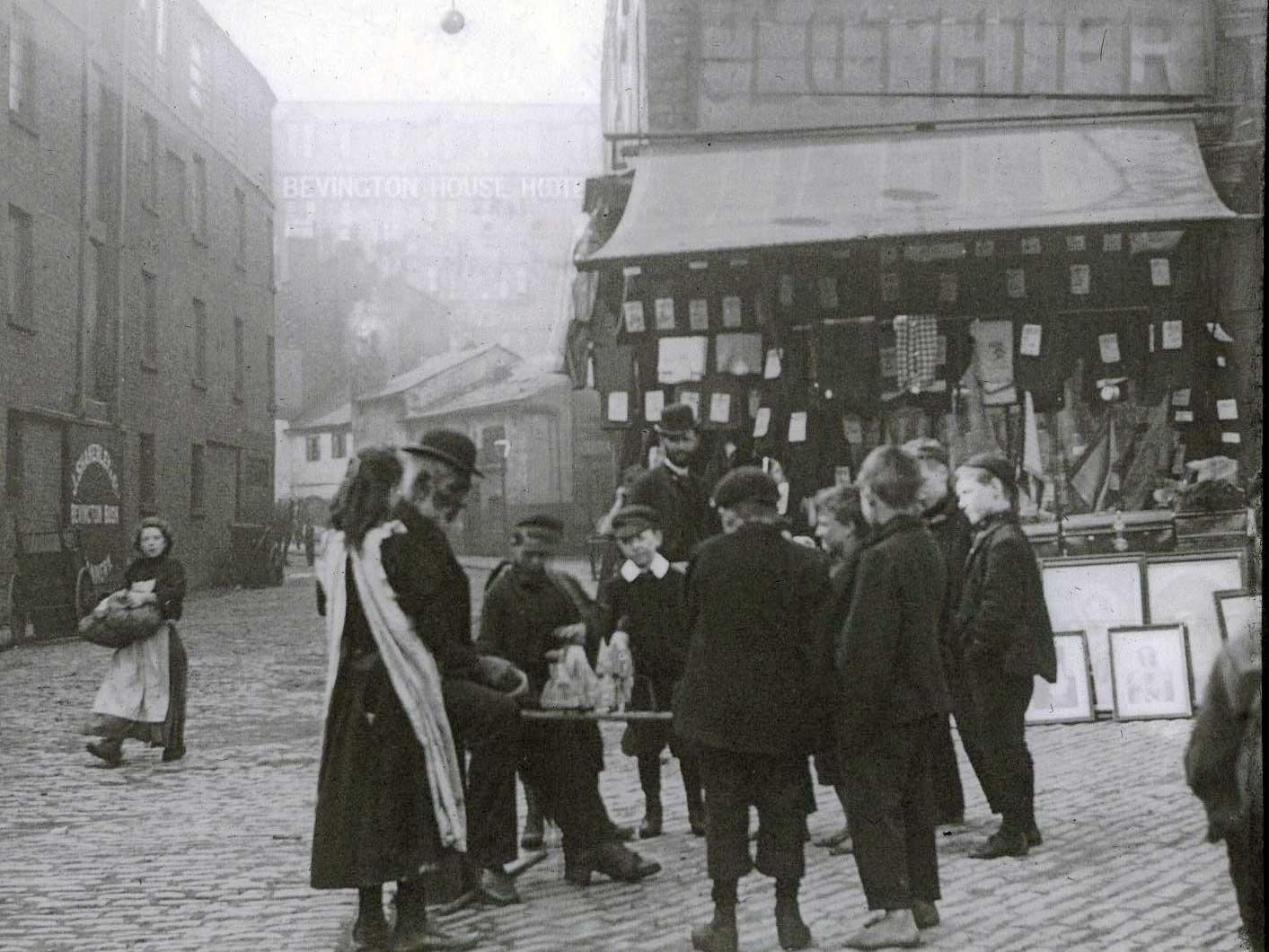
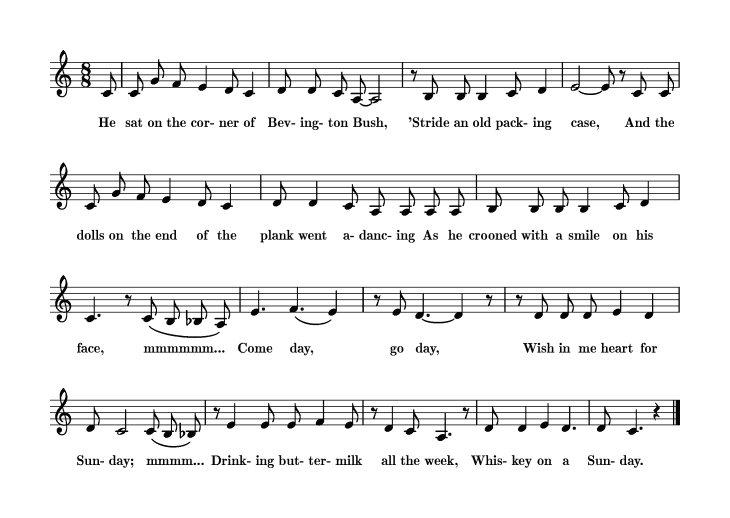
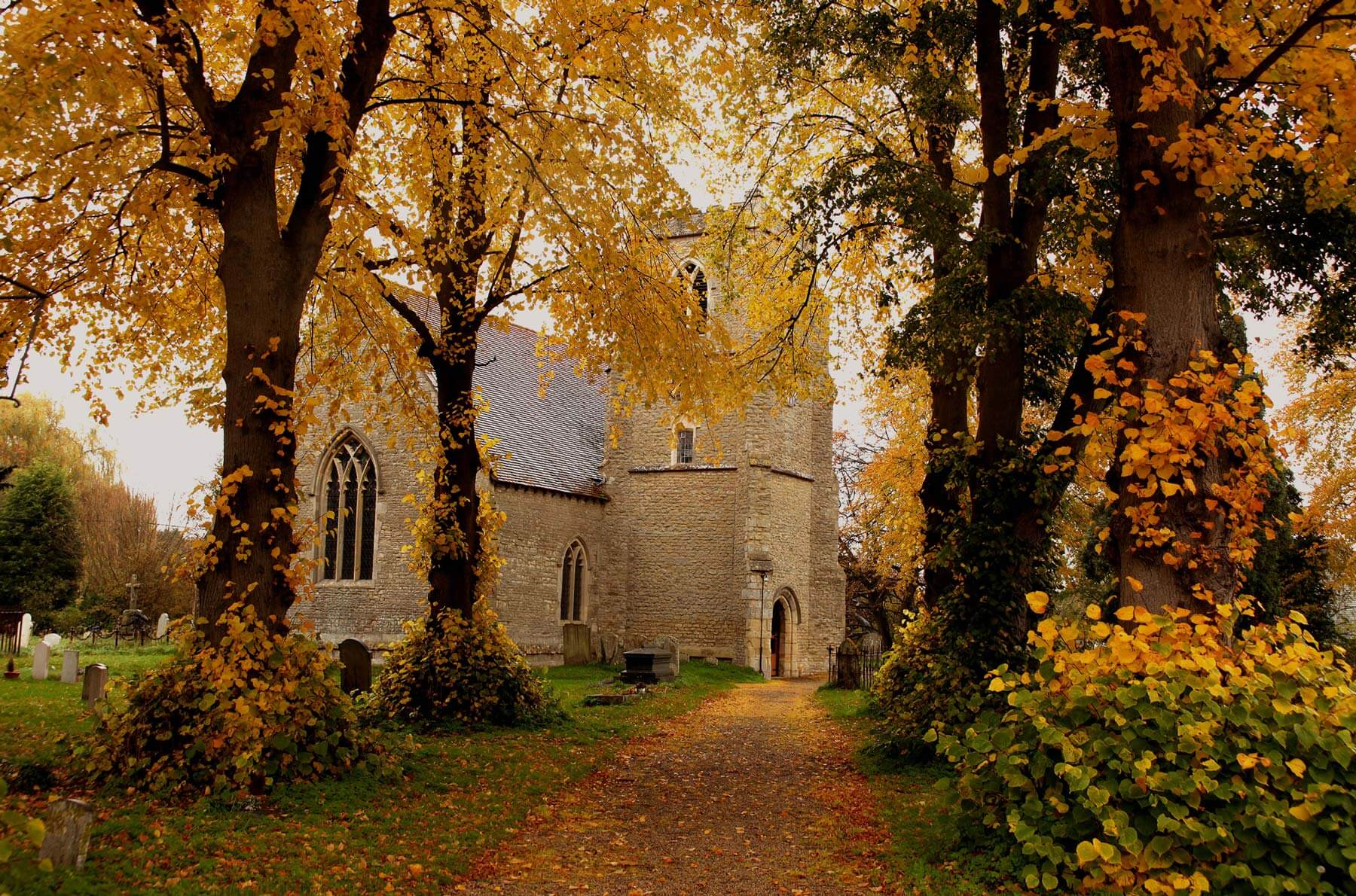
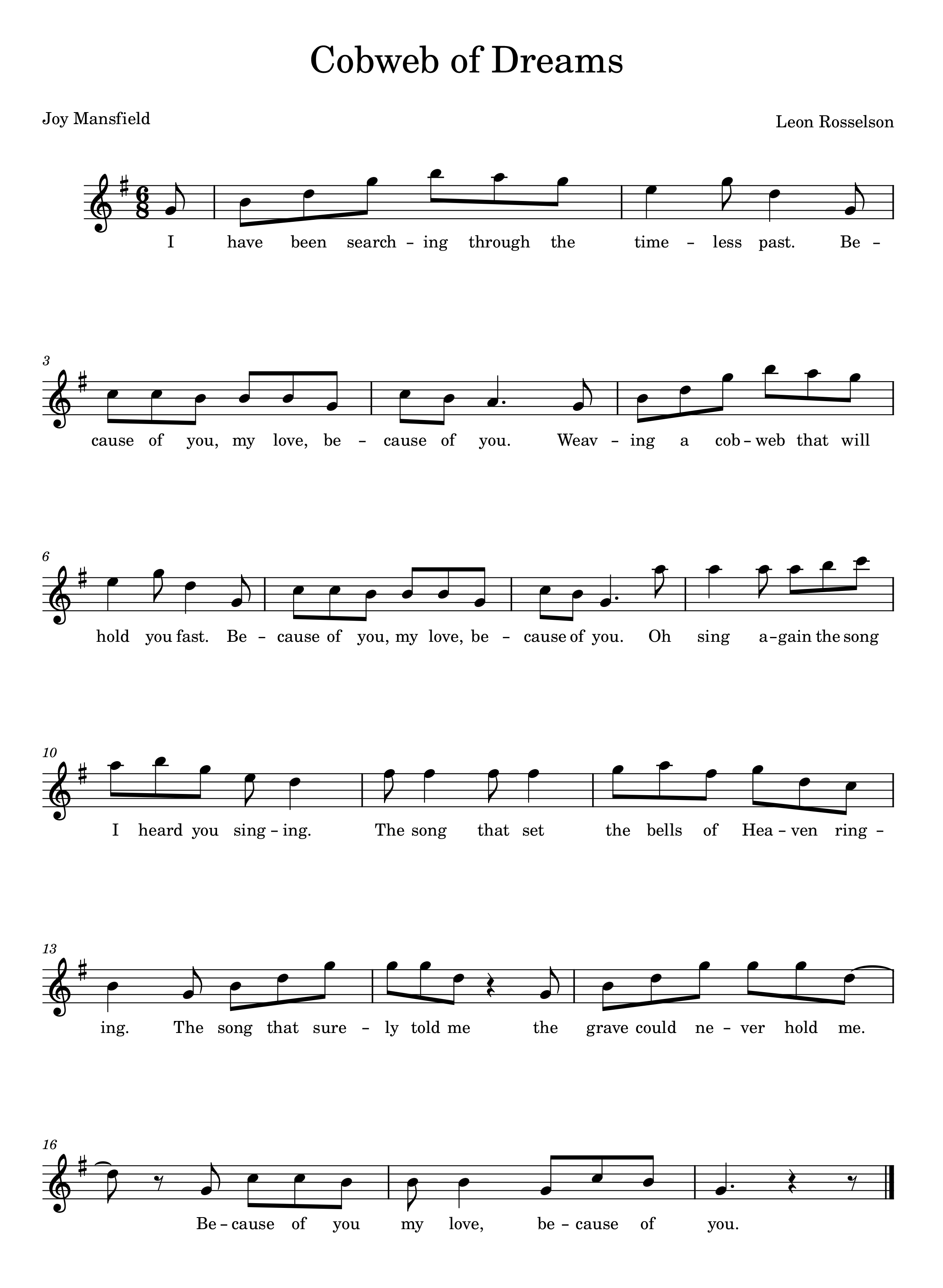
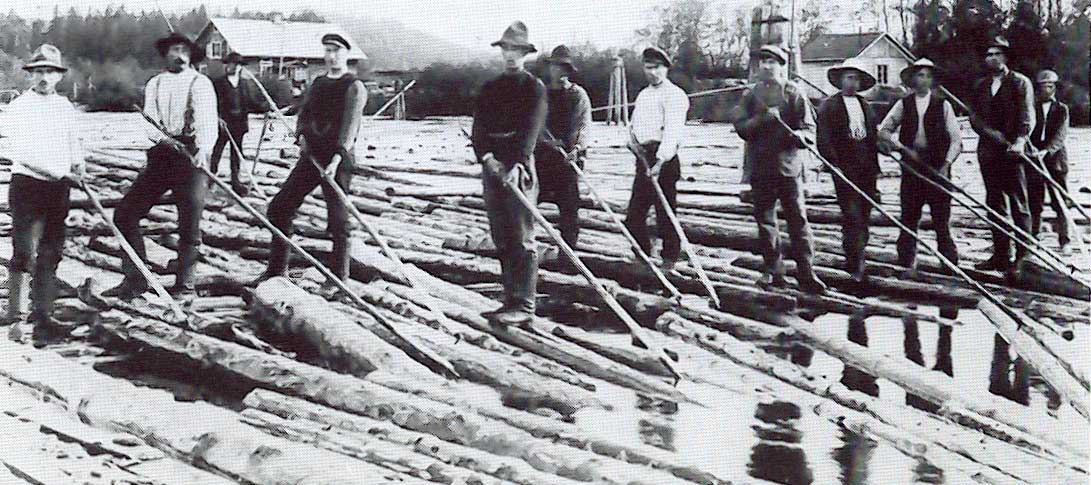
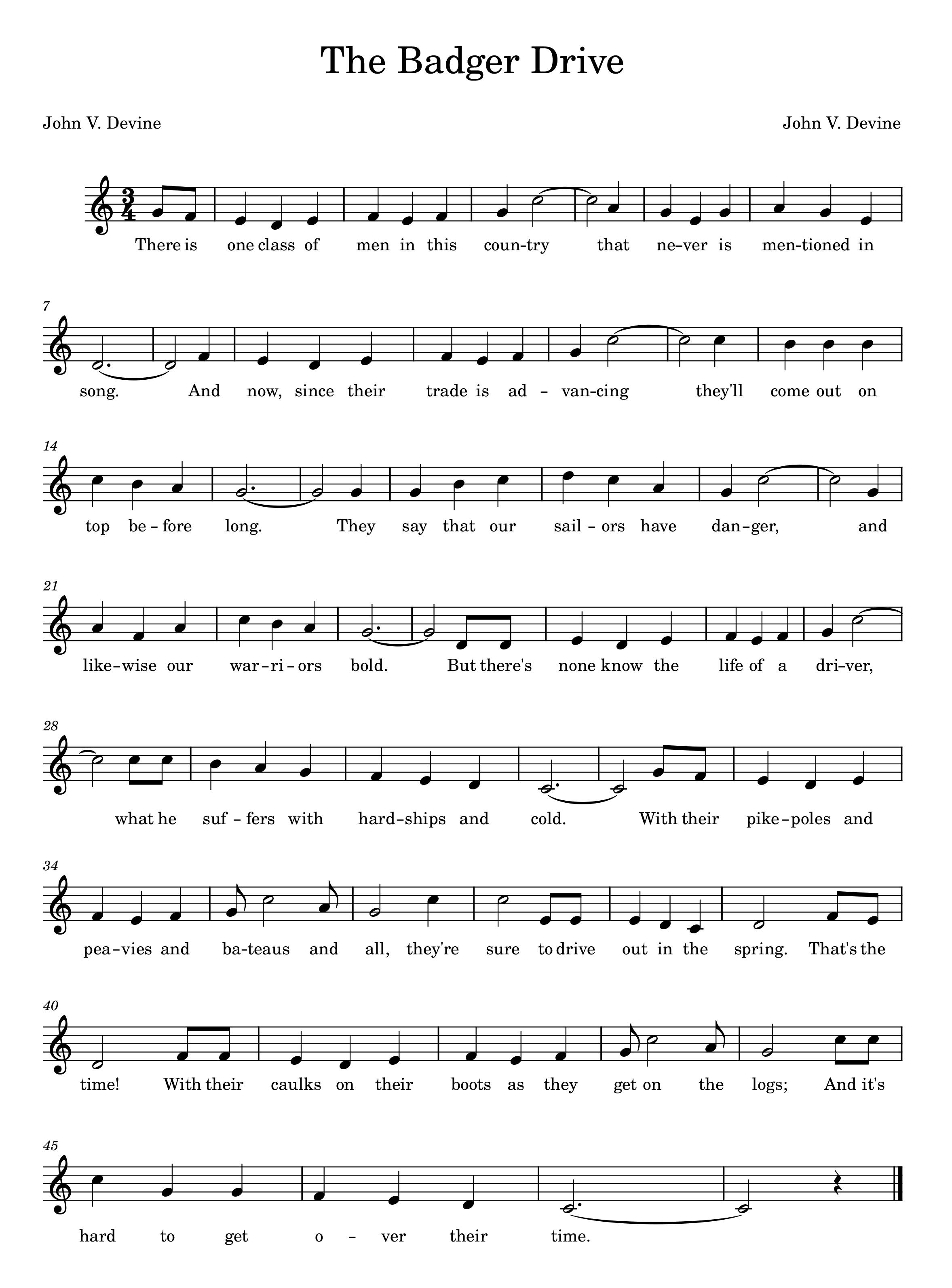
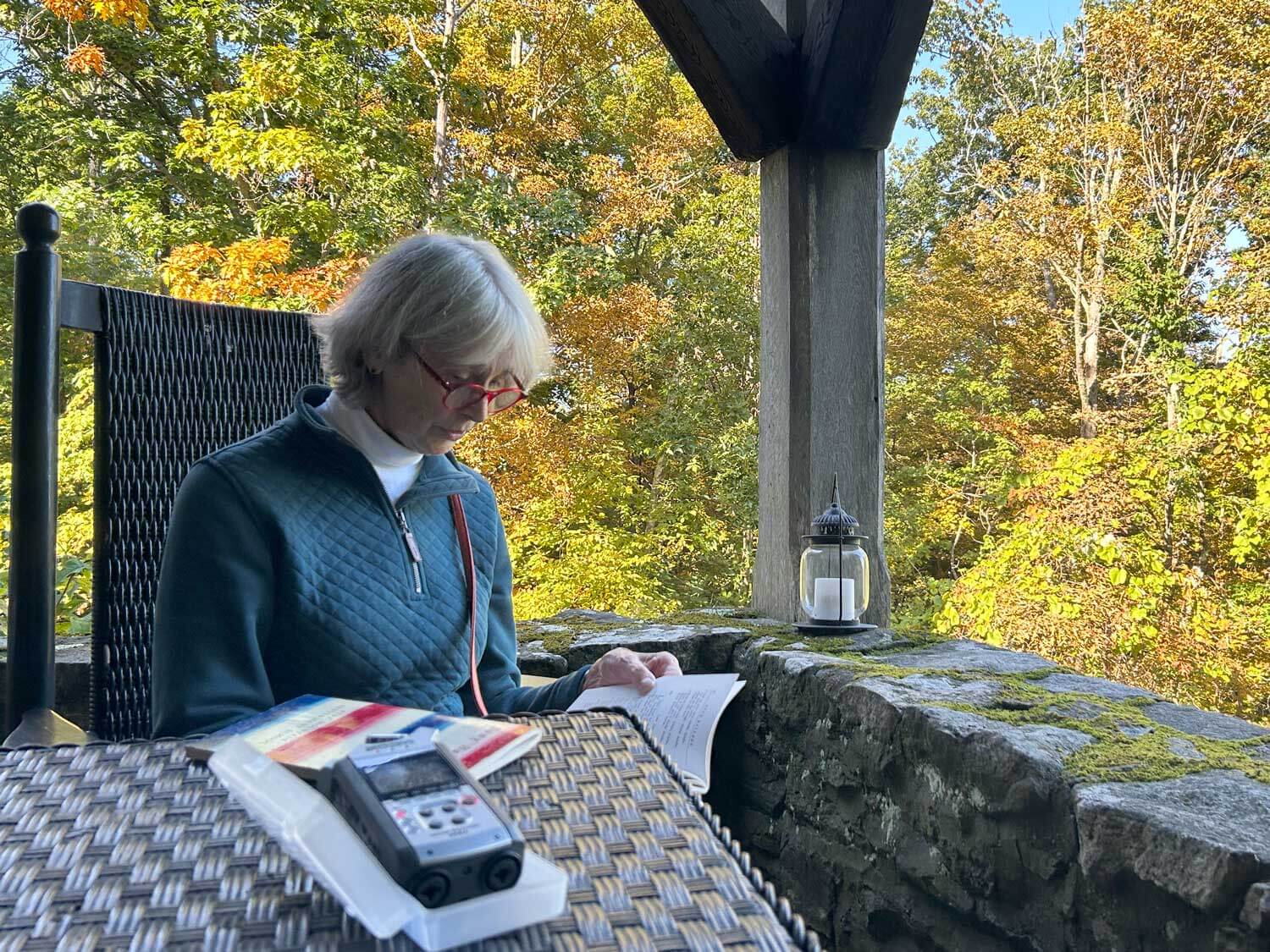
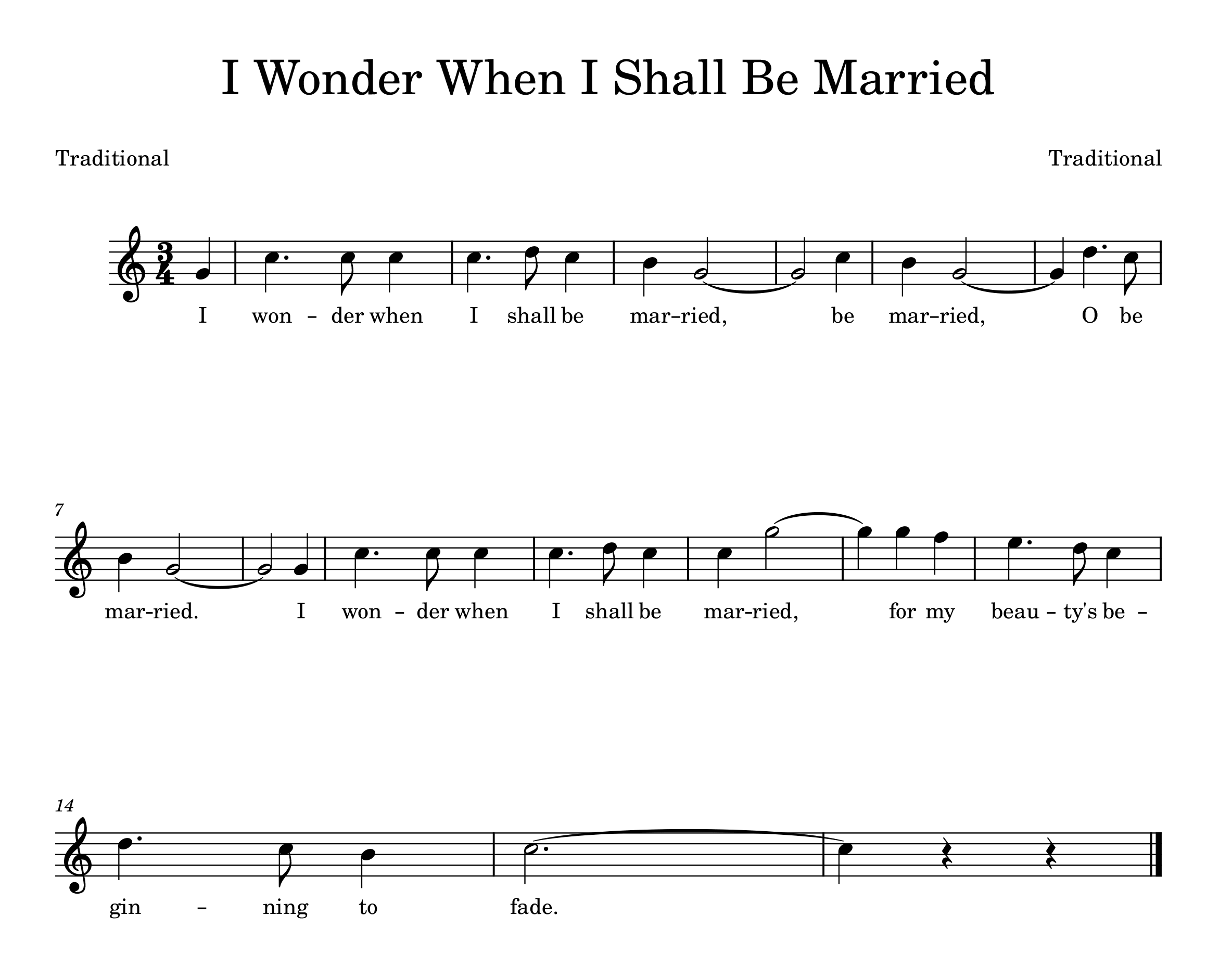
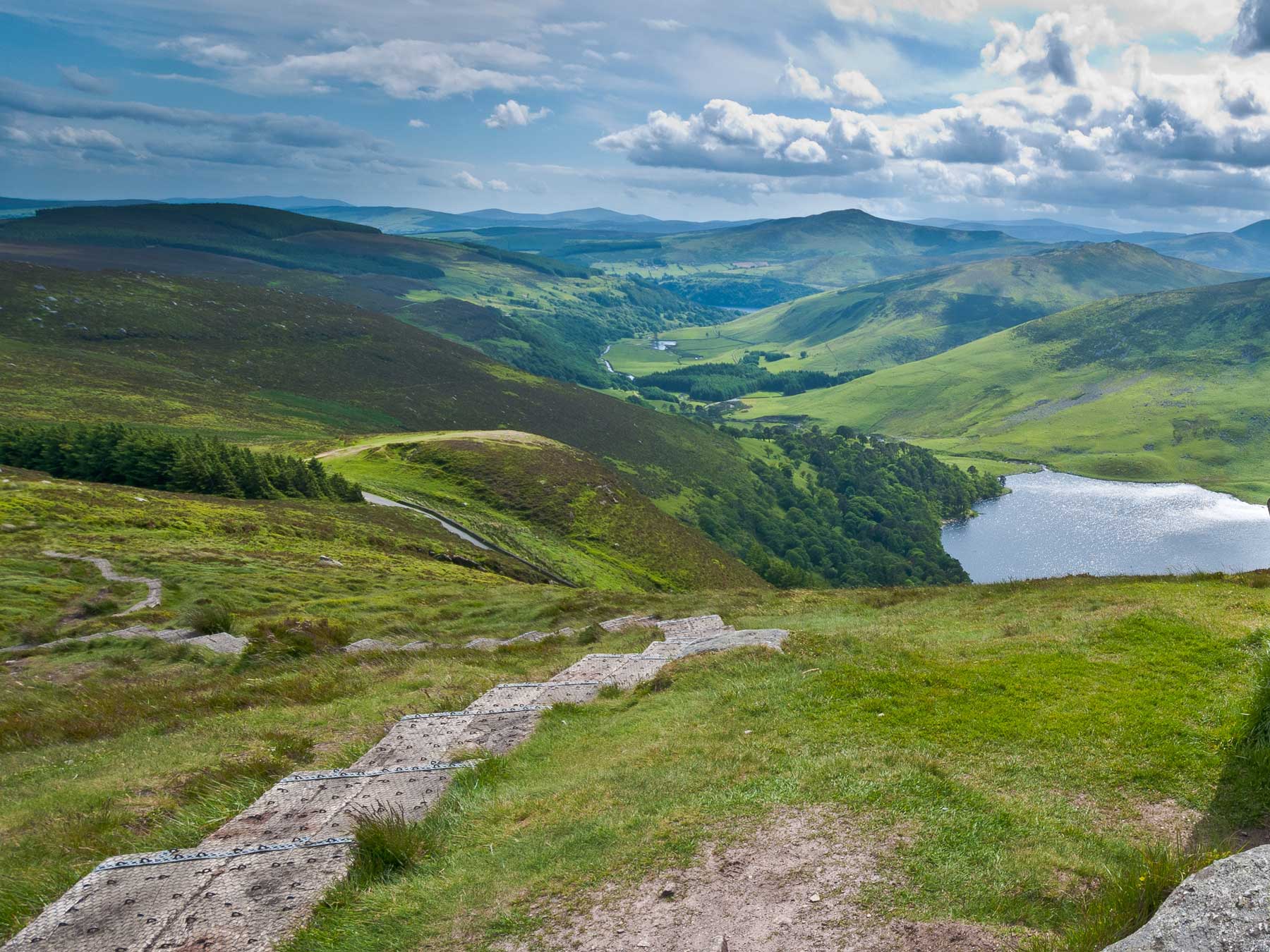
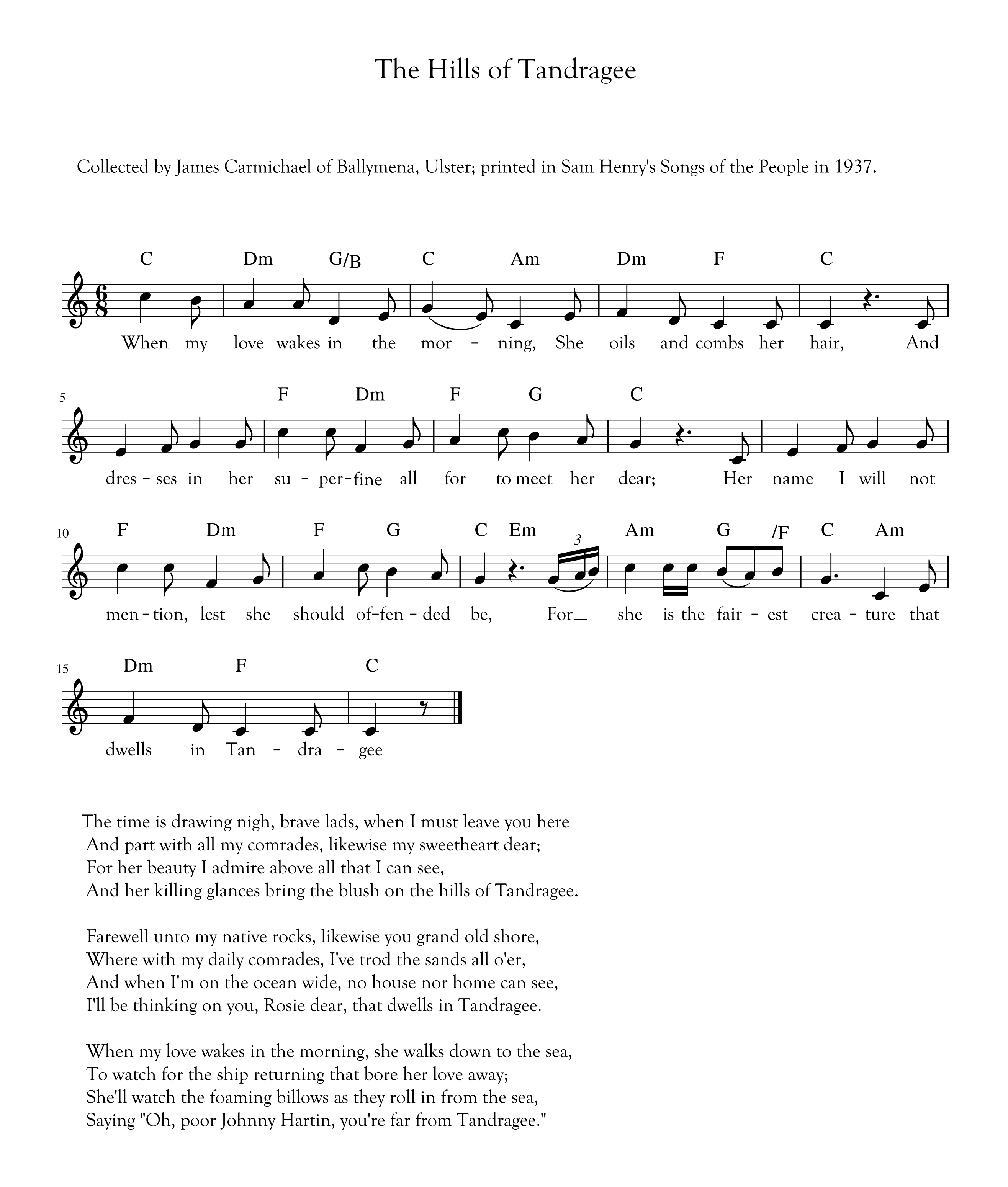
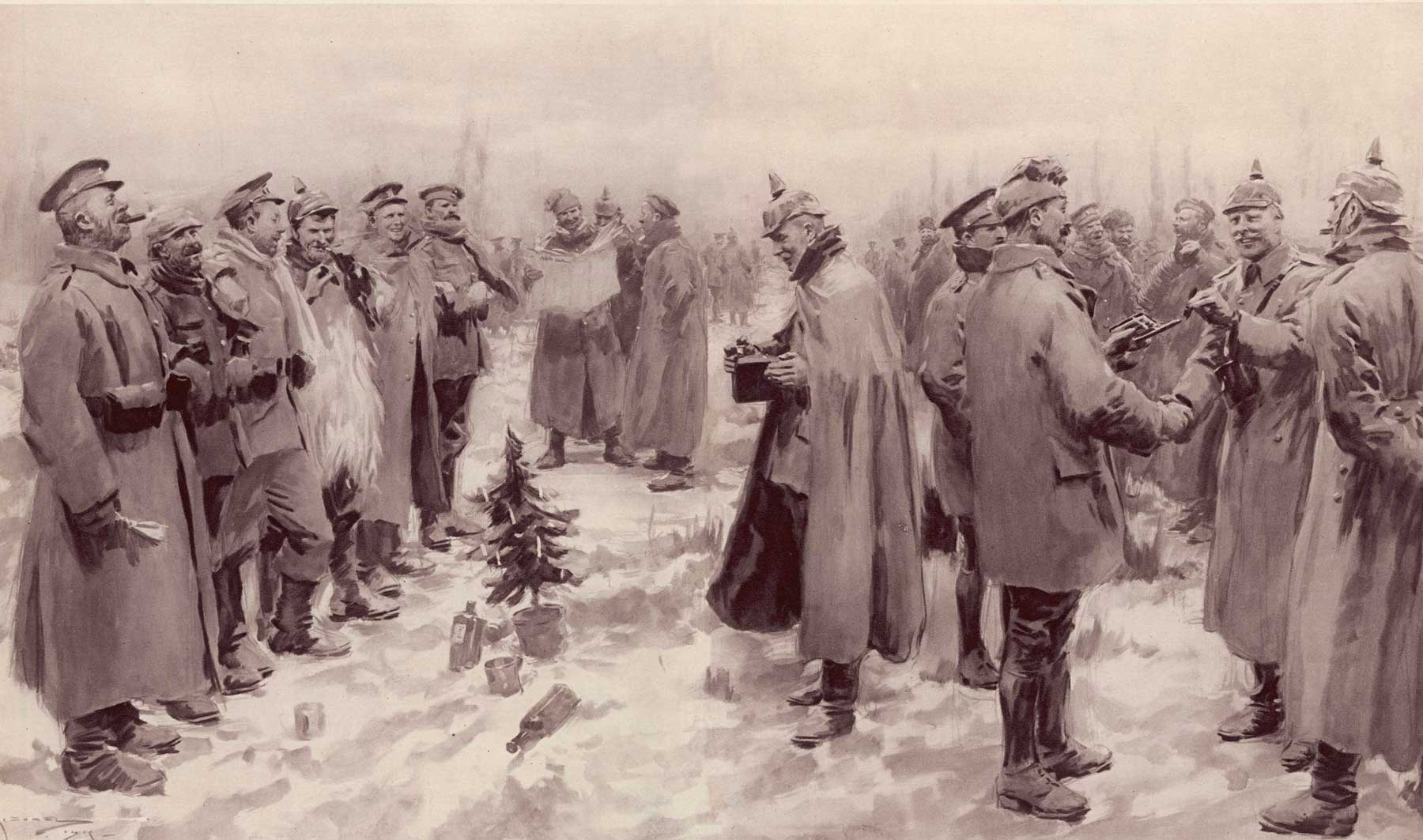
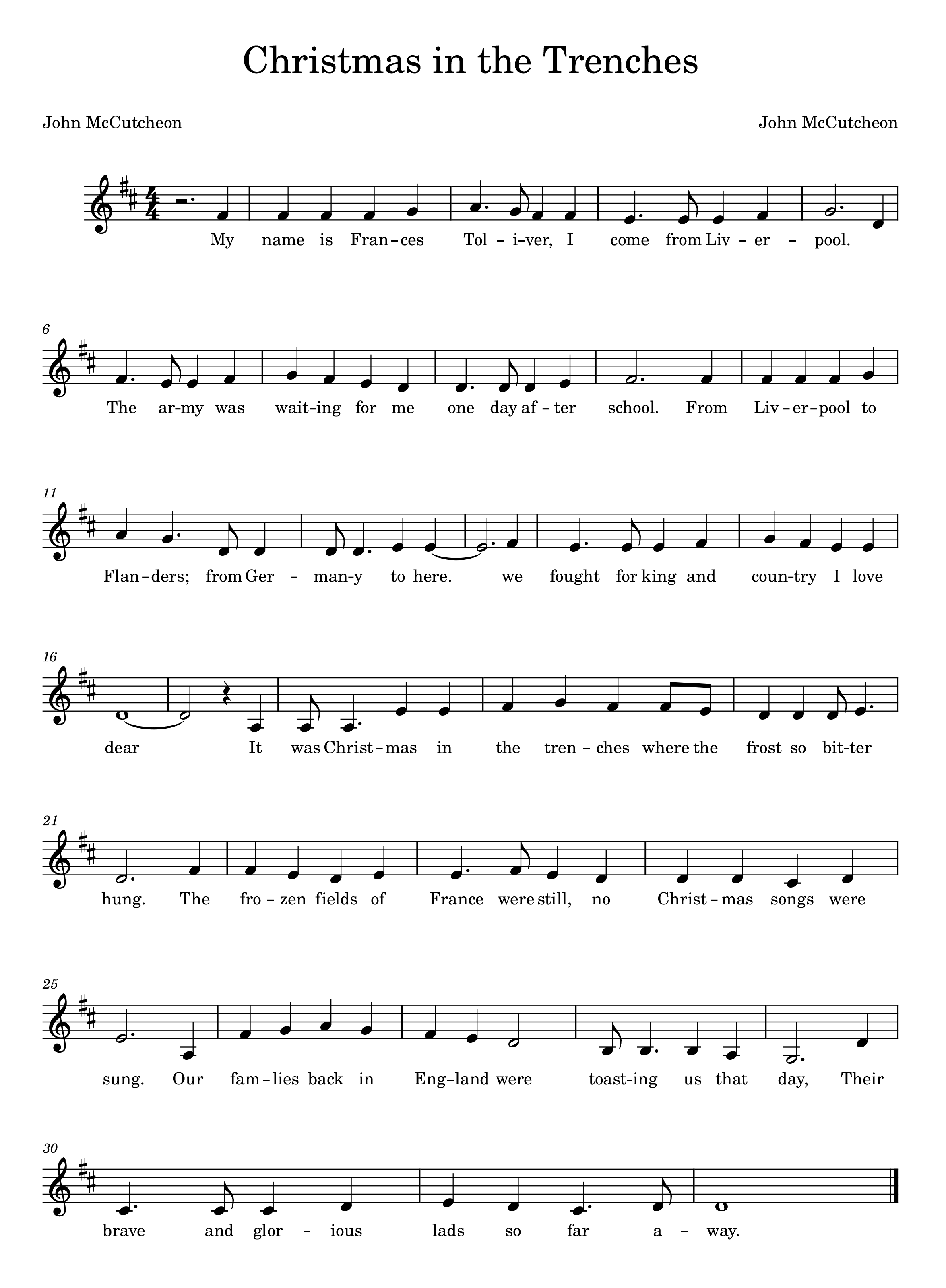
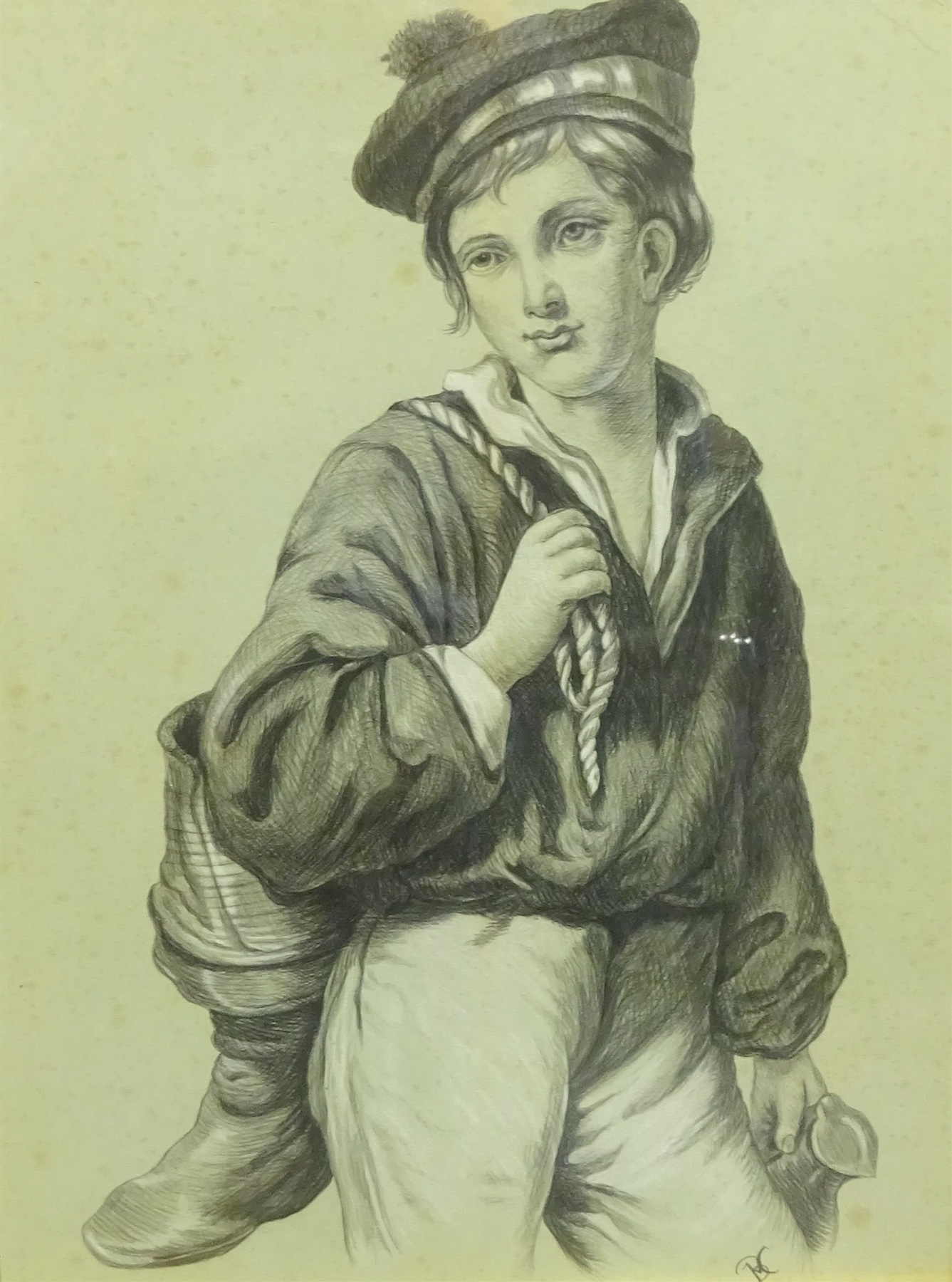
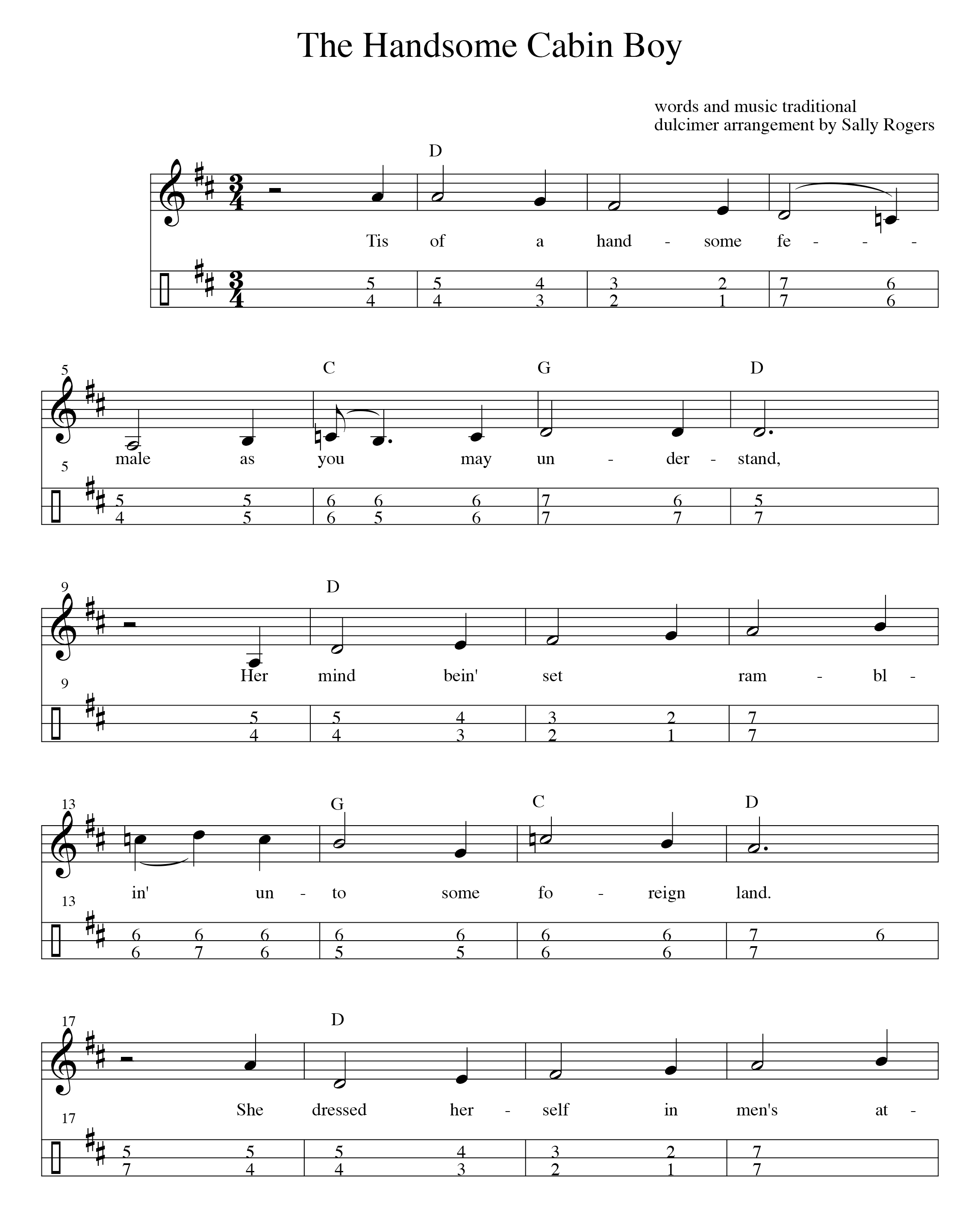
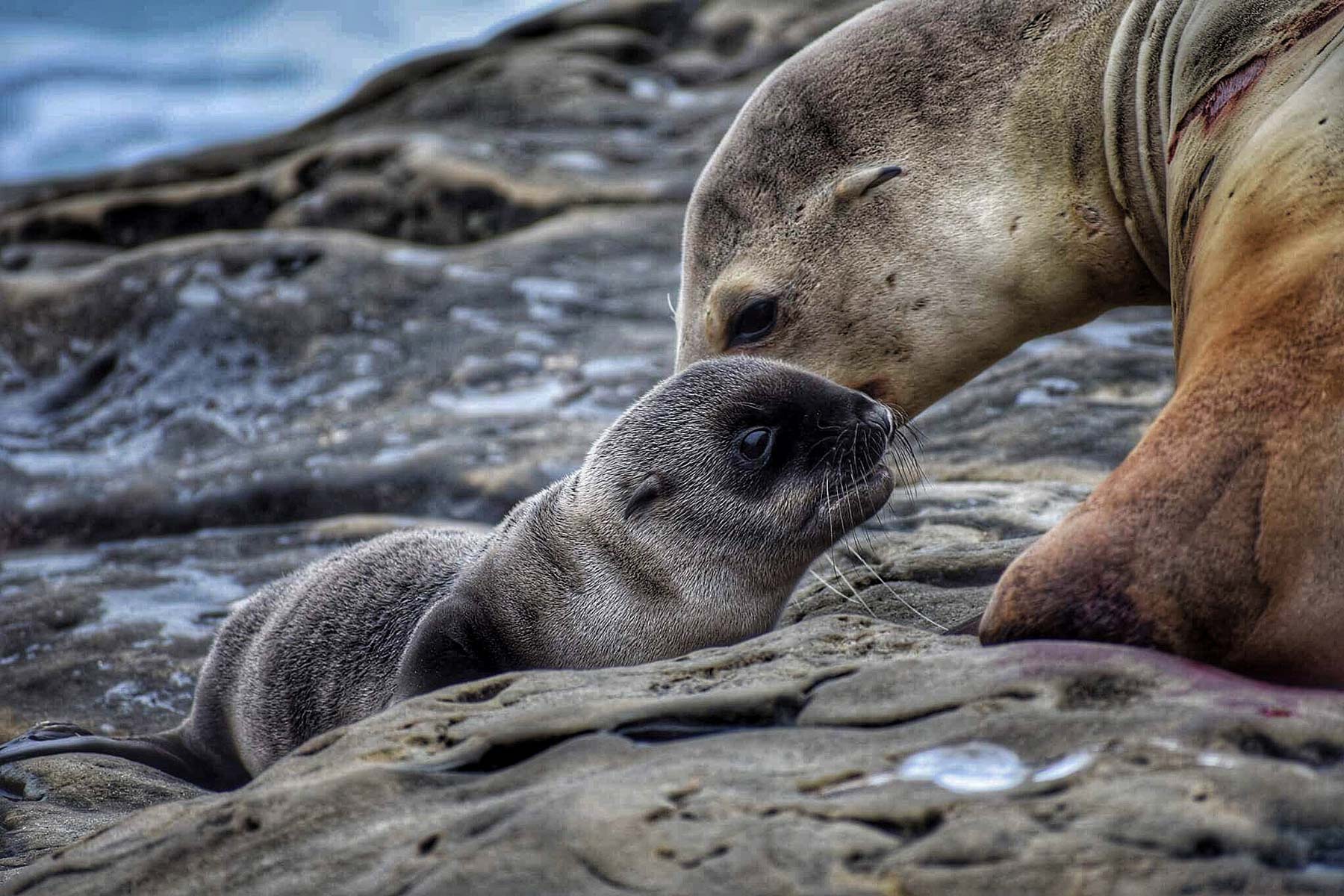
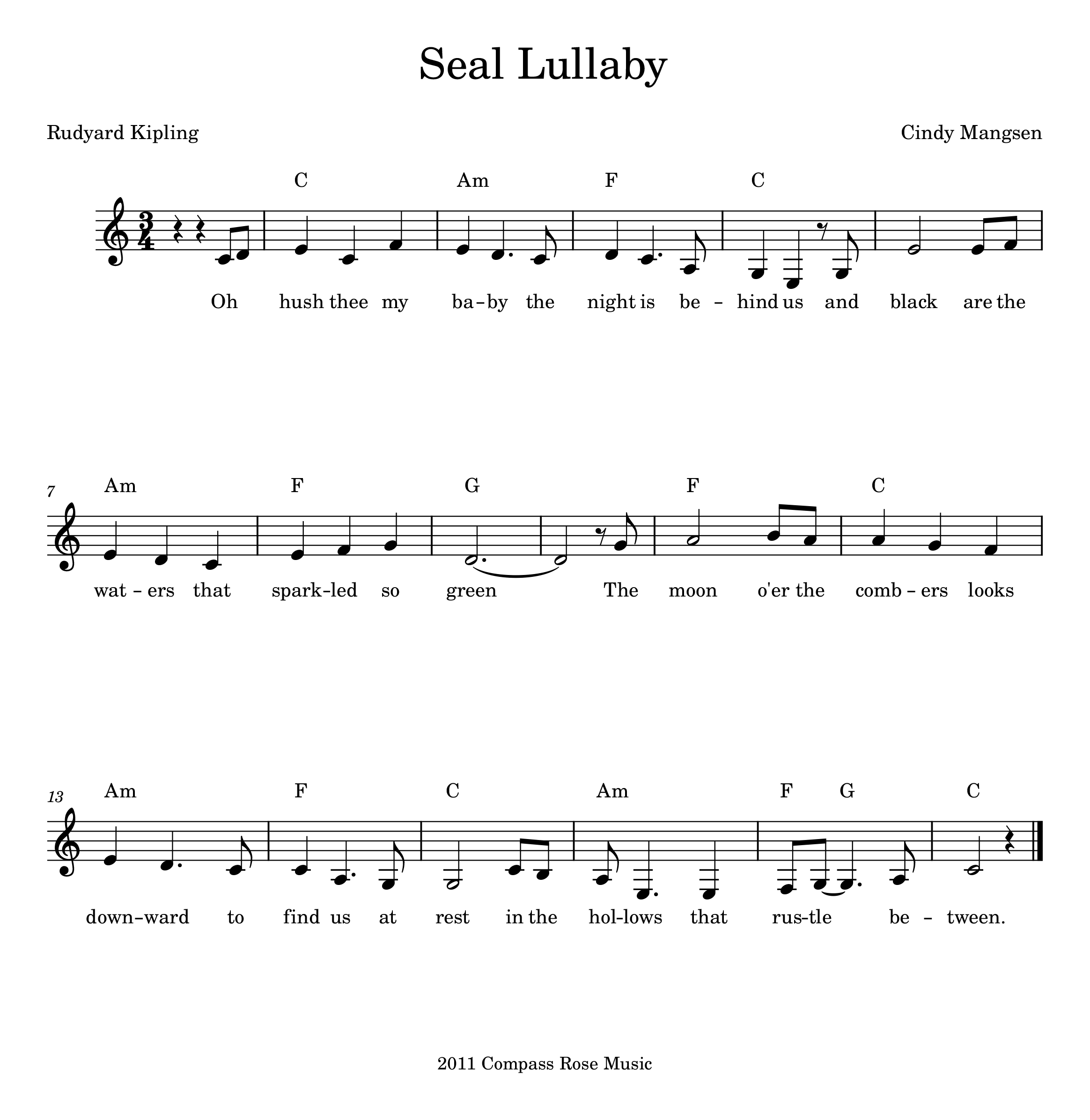
 Thanks to the Massachusetts Cultural Council for their generous support.
Thanks to the Massachusetts Cultural Council for their generous support.